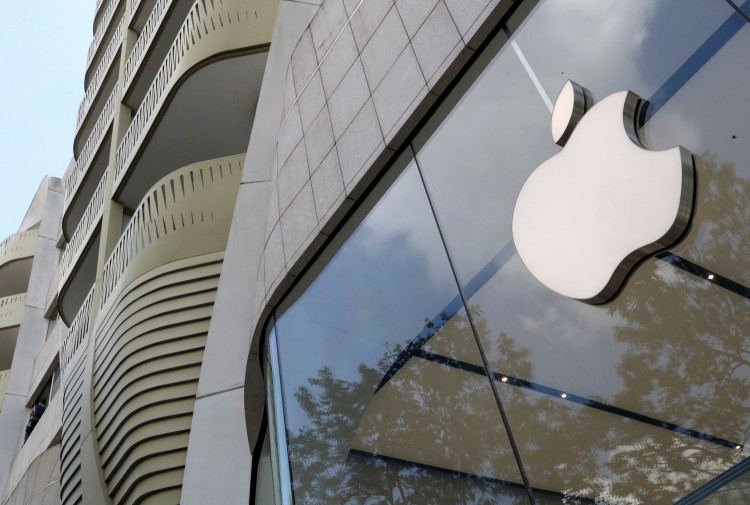Apple's recent unveiling of Apple Intelligence, its foray into generative AI, has ignited a significant controversy within the creative community. The new technology, which promises to enhance Siri and introduce advanced features in the Notes and Calculator apps, also includes a generative AI component that has raised ethical questions about how the company trained its AI models.
The crux of the issue lies in the data used to train Apple Intelligence's generative AI. To function effectively, such AI systems require vast amounts of content for training. This content, which can include images, documents, and other media, must be ethically sourced with the permission of original creators. However, a report from Engadget highlights that many artists and creatives are concerned that Apple may not have adhered to these ethical standards.
Jon Lam, a video game artist and creators' rights activist, expressed his disappointment, stating, "I wish Apple would have explained to the public in a more transparent way how they collected their training data." This sentiment reflects a broader unease among artists who worry their work might have been used without consent. Historically, the creative community has been loyal to Apple, a company whose founder, Steve Jobs, positioned it at the intersection of technology and the liberal arts. This latest development, however, threatens to erode that trust.
Generative AI relies heavily on extensive datasets for training. Many companies have used vast amounts of internet-sourced data, often without proper consent or compensation. For instance, LAION-5B, a dataset containing nearly six billion images scraped from the internet, has been used by various AI models. This practice has led to numerous lawsuits from artists, authors, and musicians who accuse these companies of exploiting their work. Major music labels, including Universal and Sony, have recently sued AI music generators for copyright infringement.
Apple's approach has drawn criticism for its lack of transparency. In a blog post, Apple mentioned using AppleBot, its web crawler, to gather public data from the internet, a practice similar to other AI companies. While Apple has reportedly signed licensing deals with Shutterstock and Photobucket, it has not confirmed these arrangements publicly, further fueling skepticism.
Karla Ortiz, a San Francisco-based illustrator and one of the plaintiffs in a lawsuit against Stability AI and DeviantArt, emphasized the broader implications of generative AI. "The bottom line is, we know [that] for generative AI to function as is, [it] relies on massive overreach and violations of rights, private and intellectual," she wrote in a viral X thread about Apple Intelligence. This sentiment echoes the frustration of many creatives who feel betrayed by the very tech companies whose tools they rely on.
Apple's commitment to user privacy, often touted as a distinguishing feature, is being questioned in light of these revelations. Adam Beane, a Los Angeles-based sculptor, voiced his disillusionment, saying, "I'm increasingly angry with Apple. You have to be informed enough and savvy enough to know how to opt out of training Apple's AI, and then you have to trust a corporation to honor your wishes."
The controversy surrounding Apple Intelligence is part of a larger debate about the ethical use of data in AI training. Other companies like Adobe have faced similar backlash. Adobe, which claimed its AI model Firefly was ethically trained, had to clarify its terms of service after it was revealed that it used questionable sources for training data.
Andrew Leung, a Los Angeles-based artist, called generative AI "the greatest heist in the history of human intellect" during a testimony before the California State Assembly. He criticized the notion that publicly available data equates to fair use, highlighting the need for more stringent ethical standards in AI development.
The creative community's response to Apple Intelligence underscores a growing distrust of tech giants. As Jon Lam pointed out, "The entire creative community has been betrayed by every single software company we ever trusted." While completely abandoning Apple products may not be feasible for many, there is a noticeable shift towards reducing dependency on these tools.






